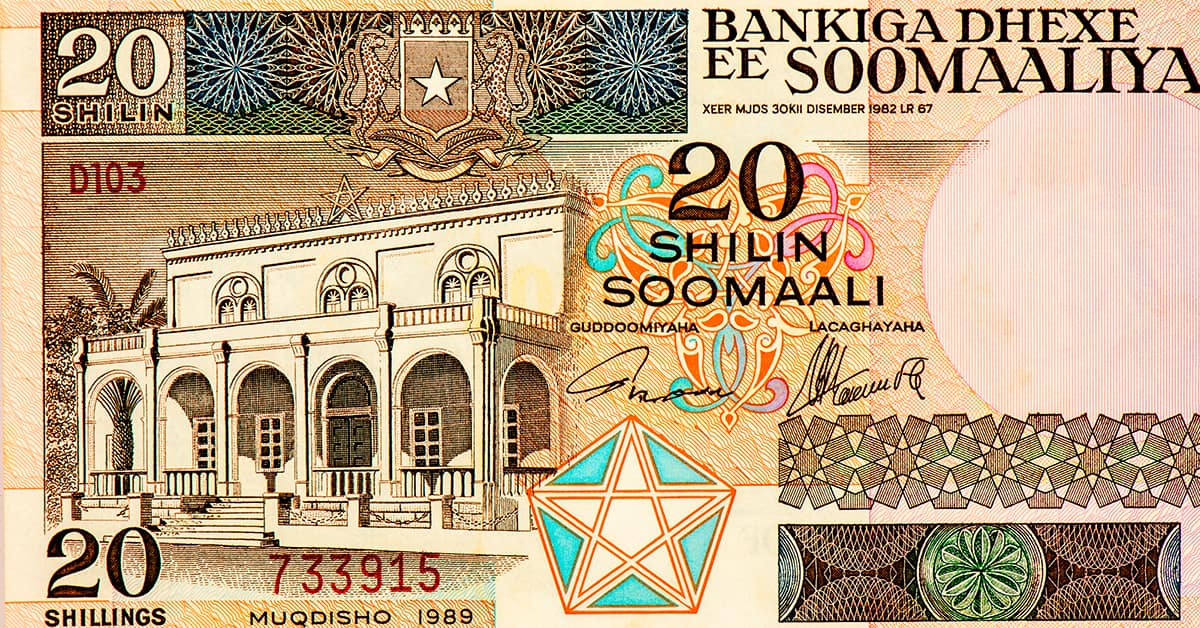Egypt’s Banque Misr and Turkey’s Ziraat Katilim are the first international banks to begin operations in Somalia.

Somalia has a penchant for false starts. However, successive events in recent weeks, cutting across the election of a new president, reaching a financial aid deal with the International Monetary Fund (IMF) and licensing of foreign banks are raising optimism that the Horn of Africa nation has finally turned the page to a better future after years of civil war.
President Hassan Sheikh Mohamud came with the promise of “reconciliation” and commitments to a path of socio-economic reforms. This has reverberated well with the IMF. Nine days after his inauguration on June 9, the IMF disbursed $18.8 million to Mogadishu, bringing total disbursements to $384.3 million in recent times.
“The country is making progress,” says Omar Mahmood, Senior Eastern Africa Analyst at Crisis Group. Being in the good books of the IMF and the World Bank is helping Somalia normalize international financial relationships.
Two banks, Egypt’s Banque Misr and Turkey’s Ziraat Katilim ventured into Somalia. They become the first international banks to operate in the country. More importantly, they set Somalia on the road to returning to the global financial system, where it has been missing for three decades. Part of the journey has involved setting up a national payments system.
For Somalia, which is big on remittances but only knows “hawalas” as the financial intermediaries, it’s a significant milestone. About two million Somalis live abroad, remitting between $1.3 billion to $2 billion annually. Hawalas, informal money transfer firms, are the lifeline because only 15% of Somalis have bank accounts.
“Licensing of the two banks will benefit Somalis by making connections with the rest of the world easier and more accessible,” observes Abdalla Ahmed Ibrahim, Director at the East Africa Center for Research and Strategic Studies.
For Banque Misr and Ziraat Katilim, Somalia offers vast opportunities for remittances and facilitating cross-border transactions. They are also well placed to anchor the development of Somalia’s financial sector, which only has 13 domestic banks.
In Somalia, the two banks must navigate risks. Security remains a major concern, with groups like Al-Shabaab using the weak financial system to move money due to lack of watertight regulations.



